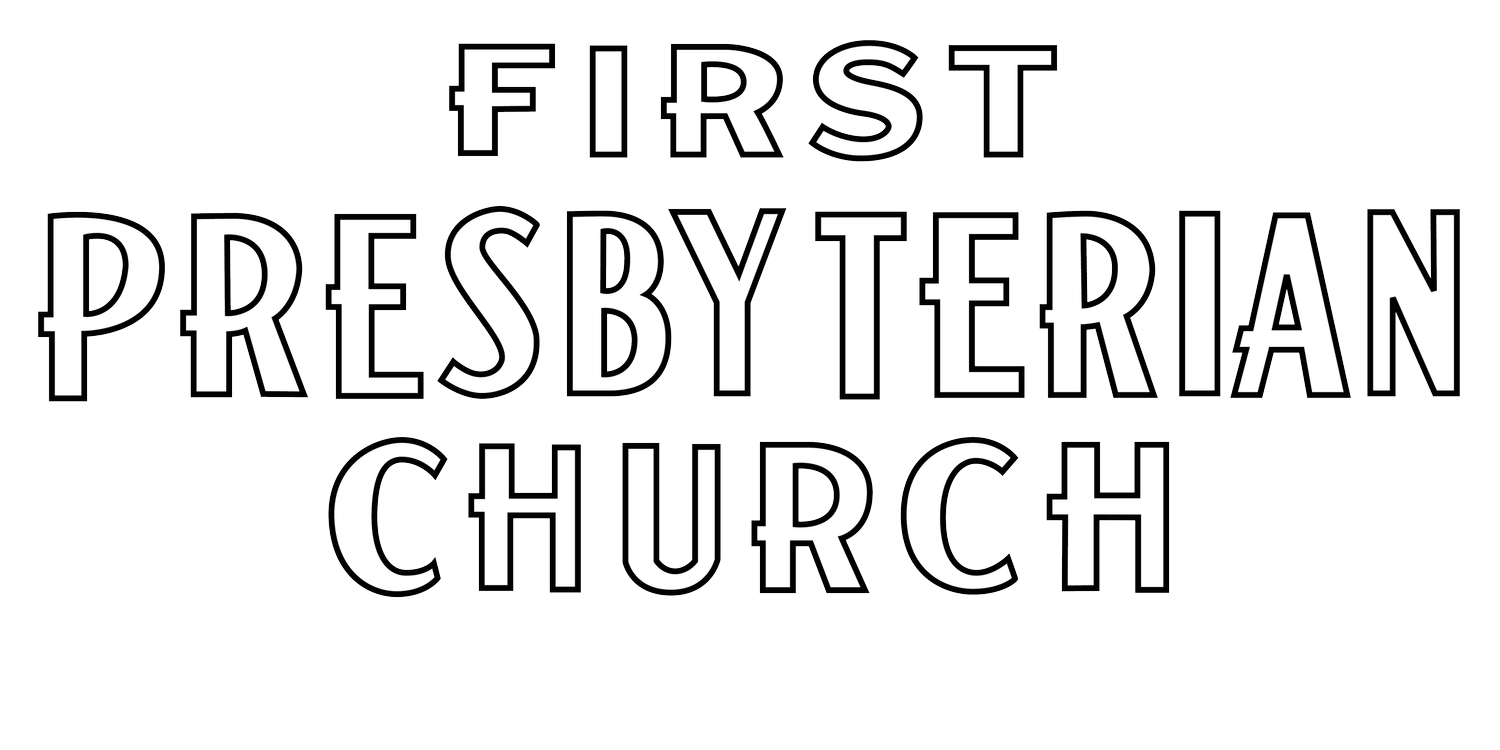Psalm 137
On June 10th, I wrote, “Hello FPC Bloggers. As a first timer, I did something crazy and signed up for Psalm 137.” In his book, Answering God, Eugene Peterson notes that, of all the Psalms, this is the one most likely to be cut out in what he calls the practice of “psalmectomy.” It’s a Psalm that is all too easy to ignore, or to wish it wasn’t there. But it is there, in the prayer book of the Bible, and I’m thankful that it is.
After I put out that June 10th notice, the blog facilitator, Mike Morse, responded, “Do you feel like your captors have mocked you and sarcastically demanded you sing them one of those Zion songs?” Not really, at least not right now, or during the past few weeks as I’ve mulled over this Psalm. The prayer opens with, “By the rivers of Babylon we sat and wept when we remembered Zion.” Unlike the Israelites suffering in exile, I was not weeping by a river in a foreign and hated land. Instead, I was on a 12 day camping road trip, where the waters I sat by were the ocean beaches of California and Oregon. But, even there, and even now, I think this Psalm is worthy of our attention, is worthy to become part of our prayers.
It is clearly and aggressively a prayer of vengeance, asking God to repay those who have done us evil. It’s most famous - or infamous - statement comes right at the end: “O Daughter of Babylon, doomed to destruction, happy is he who repays you for what you have done to us — he who seizes your infants and dashes them against the rocks.” In his book, Praying the Psalms, Walter Brueggeman writes, “It is important to recognize that these verbal assaults of imagination and hyperbole are verbal. They speak wishes and prayers. But the speaker doesn’t do anything beyond speak. The speech of vengeance is not to be equated with acts of vengeance.” And he notes that this speech is directed to God in prayer, not to humans in threats.
So, one way this Psalm helps us pray is by giving us permission to voice our most “unChristian” thoughts or impulses to God, to state our hidden and usually unspoken desires for vengeance, our dislike (dare I say hatred?) for those who have perpetrated evil against us. This Psalm, and many others like it, show us that we don’t have to get all dressed up in our Sunday best to talk to God. Rather, we can come as we are, in all our raw humanness.
Now, back to the Pacific beaches. As I read this Psalm one day in the morning sun, it became my own prayer in another way. It became my prayer for others in our world who really were, on that morning, weeping by rivers of sorrow, for those who were suffering evil at the hands of captors or invaders. I thought of Ukrainians whose loved ones have been “dashed against the rocks” by Russians. I thought of young Uyghur women in internment camps in NW China, where the dominant race has dashed their hopes for little ones against the rocks, through forced sterilization. I thought of the Karen people in the jungles of Myanmar, whose villages have been mercilessly strafed by government fighter jets. These suffering people groups would certainly not perform a psalmectomy and cut this prayer out of their Bible. They would pray it with passion. And so can we. Certainly for them. And, even at times, for ourselves.
